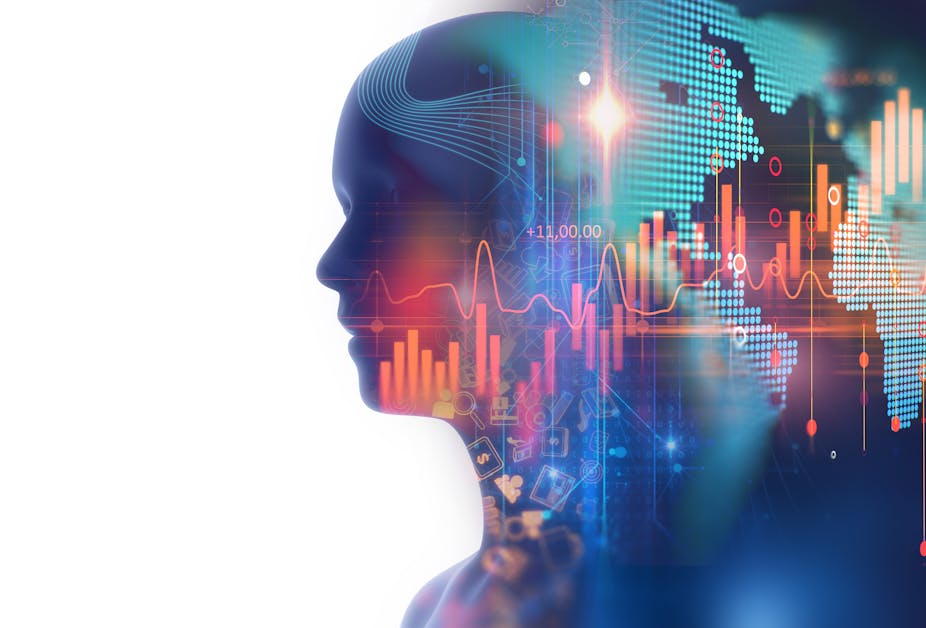
Automated for the people. WhiteMocca
In 2019, the world fretted that algorithms now know us better than we know ourselves. No concept captures this better than surveillance capitalism, a term coined by American writer Shoshana Zuboff to describe a bleak new era in which the likes of Facebook and Google provide popular services while their algorithms hawk our digital traces.
Surprisingly, Zuboff’s concern doesn’t extend to the algorithms in financial markets that have replaced many of the humans on trading floors. Automated algorithmic trading took off around the beginning of the 21st century, first in the US but soon in Europe as well.
One important driver was high-frequency trading, which runs at blinding speeds, down to billionths of a second. It offered investors the prospect of an edge over their rivals, while helping to provide liquidity to a market by ensuring there was always someone willing to buy and sell at a particular price. High-frequency trading is now behind more than half of the volumes in both the stock and futures markets. In other markets, such as foreign exchange, algorithms have a smaller but still significant presence, with no signs that they will wane in future.
Continue reading
Labels:
algorithmic_trading, foreign_exchange, stock_markets, flash_crash, surveillance_capitalism,
No comments:
Post a Comment